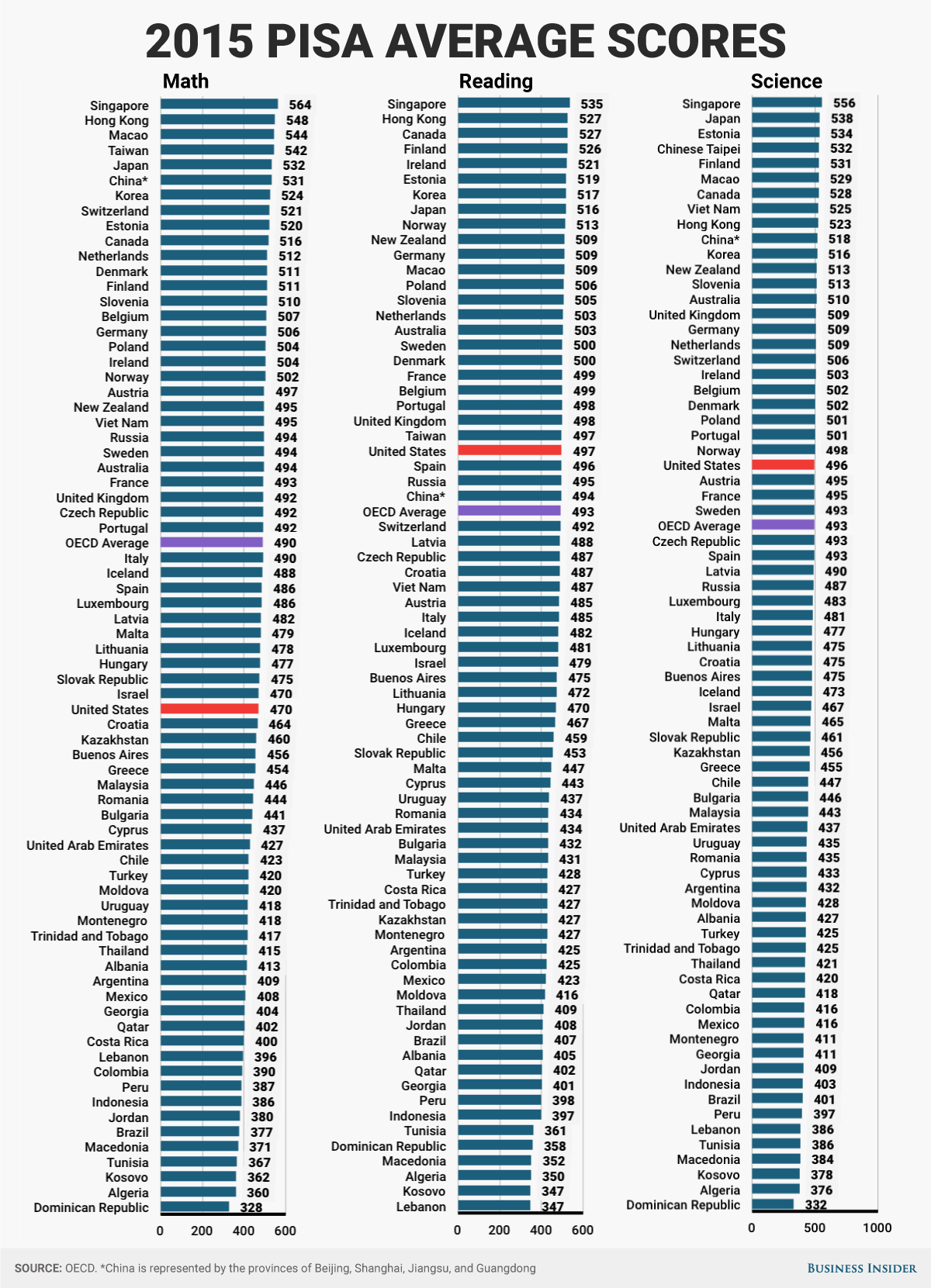singularity
About
- Username
- singularity
- Joined
- Visits
- 117
- Last Active
- Roles
- member
- Points
- 516
- Badges
- 1
- Posts
- 1,328
Reactions
-
EU hammers Google with record $2.7 billion antitrust fine for illegal search manipulation
tallest skil said:
The unelected European Commission which makes all your laws and over whom you have absolutely no say whatsoever. Surely you’re not so dense that you don’t know about them, right?paxman said:The European 'elite'? What the fuck does that mean?
Not your government. Unelected officials (the elite) make your laws. You have no say in it. You are a totalitarian oligarchy.Governments elected by people make laws
The Parliament is elected and the Council is made up of the relevant ministers from governments of member states.The EU’s standard decision-making procedure is known as 'Ordinary Legislative Procedure’ (ex "codecision"). This means that the directly elected European Parliament has to approve EU legislation together with the Council (the governments of the 28 EU countries).
Drafting EU law
Before the Commission proposes new initiatives it assesses the potential economic, social and environmental consequences that they may have. It does this by preparing 'Impact assessments' which set out the advantages and disadvantages of possible policy options.
The Commission also consults interested parties such as non-governmental organisations, local authorities and representatives of industry and civil society. Groups of experts give advice on technical issues. In this way, the Commission ensures that legislative proposals correspond to the needs of those most concerned and avoids unnecessary red tape.
Citizens, businesses and organisations can participate in the consultation procedure via the website Public consultations.
National parliaments can formally express their reservations if they feel that it would be better to deal with an issue at national rather than EU level.
Review and adoption
The European Parliament and the Council review proposals by the Commission and propose amendments. If the Council and the Parliament cannot agree upon amendments, a second reading takes place.
In the second reading, the Parliament and Council can again propose amendments. Parliament has the power to block the proposed legislation if it cannot agree with the Council.
If the two institutions agree on amendments, the proposed legislation can be adopted. If they cannot agree, a conciliation committee tries to find a solution. Both the Council and the Parliament can block the legislative proposal at this final reading.


-
Apple CEO Tim Cook says globalization is 'great for the world' in China speech
https://www.usnews.com/news/best-countries/best-educationtallest skil said:
Be very, VERY, VERY careful now. Otherwise I’ll have to respond to this with facts that will hurt your feelings.Our children's education will sink even further down the ladder of in comparison to other wester nations.
http://www.pewresearch.org/fact-tank/2017/02/15/u-s-students-internationally-math-science/
looks like there is plenty of room for improvement.




-
Apple wins two patents on feedstock, molding for Liquidmetal alloys
